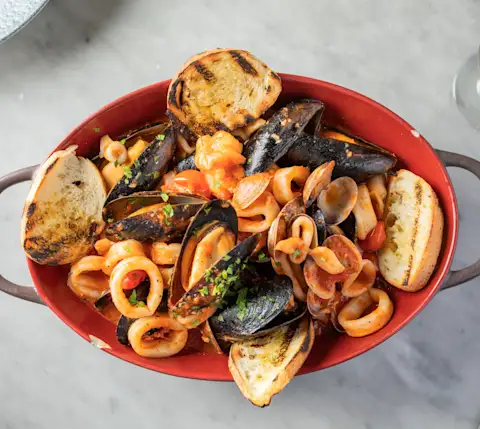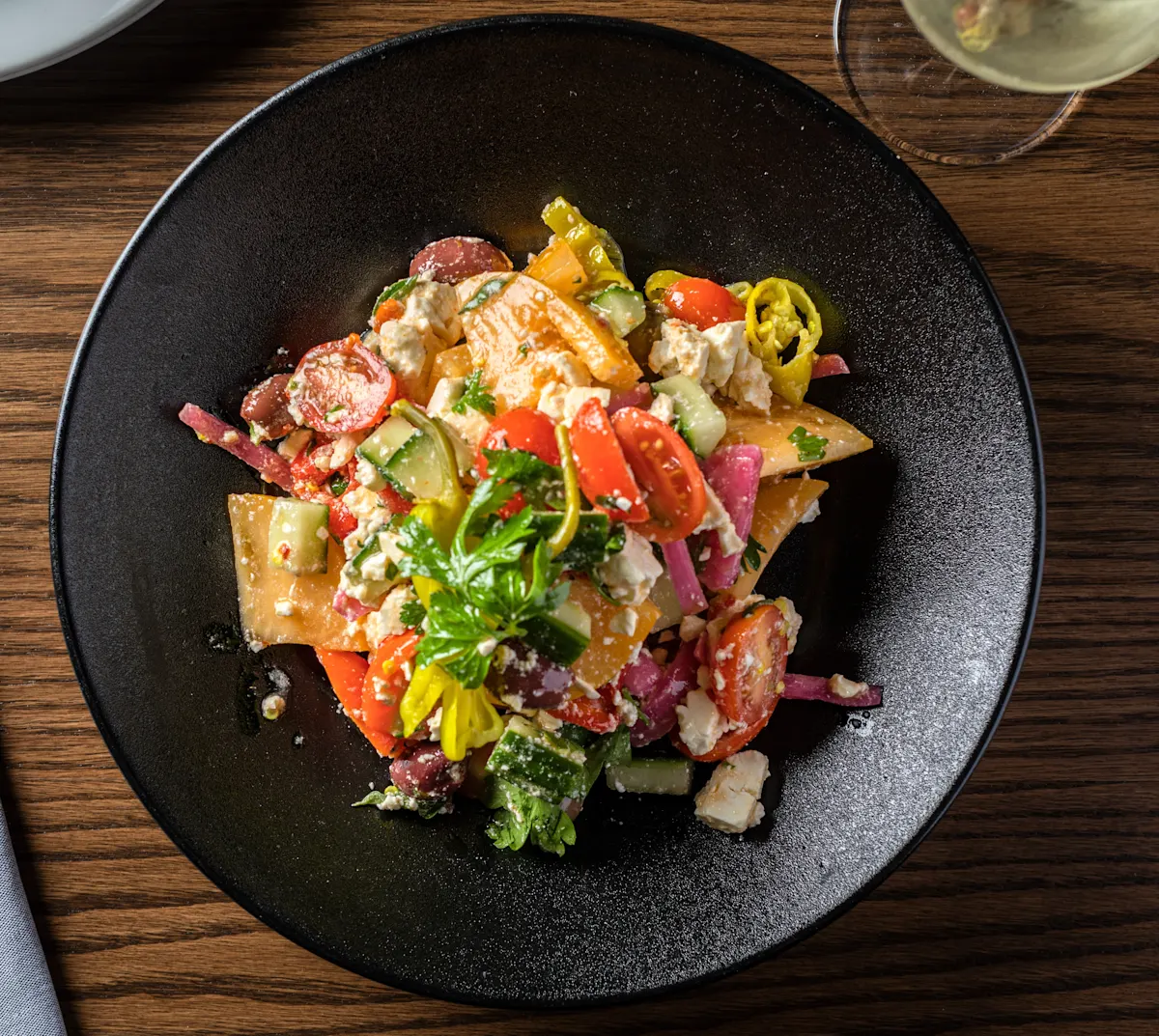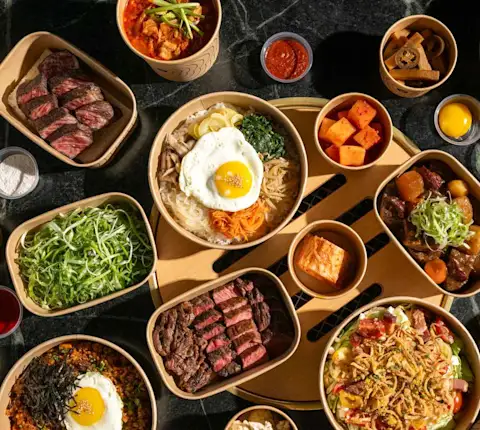If you're a human on planet Earth, you've probably heard a lot about immune health recently. In fact, you're probably over talking about immune health. But stay with us, because this may be about staying healthy, but really it's about delicious food. Eating is right up there with sleep and stress reduction as a tool to keep sickness at bay. Focus on these three dietary goals, and you're setting your system up for success.
1. Eat a colorful, balanced diet.
Whoever coined the phrase “eat the rainbow” was right. Diets rich in colorful fruits and vegetables tend to be higher in antioxidants, vitamins and minerals. Sweet potatoes and carrots contain beta-carotene; spinach, broccoli, strawberries, and citrus are high in vitamin C, mushrooms are full of vitamin D, and collard greens, pumpkin, and bell pepper are rich in vitamin E. The more colorful your plate is, the more nutrients, and immune support, your meal contains.
2. Focus on -biotics (pre and pro).
Prebiotics and probiotics also play a crucial role in building the immune system. Foods rich in prebiotics include garlic, onion, asparagus and bananas, and foods rich in probiotics include yogurt, sauerkraut, and any fermented foods. Pre and probiotics help increase the amount of “good” bacteria in our guts and improve the balance of these microorganisms. They can also decrease inflammation. What does this mean for the immune system? The less inflammation in the body, the lower the risk for developing disease.

3. Incorporate a variety of proteins.
Zinc, vitamin D, and selenium in particular are crucial vitamins and minerals that can help boost the immune system. More specifically, zinc is responsible for the production of new immune system cells, selenium helps fight off illness, and those with low levels of vitamin D are more susceptible to developing an infection or illness. Look for zinc in oysters, meat, legumes, nuts, and seeds; vitamin D is prevalent in salmon, sardines, meat, egg yolk, and fortified milk; and selenium is high in pork, beef, turkey, chicken, shellfish, eggs, and lentils.
So…what should I order?
Salads and bowls: “Build-your-own” meals are a great way to make sure your meal has the right combination of nutrients for immune health. Aim for a combination of vegetables, whole grains, and lean proteins. Pay attention to meal combinations: Even if you’re not building your own plate, prioritize dishes that combine lean protein such as grilled chicken breast, salmon, or tofu with whole grains such as brown rice or quinoa and vegetables such as roasted squash or a side salad.





